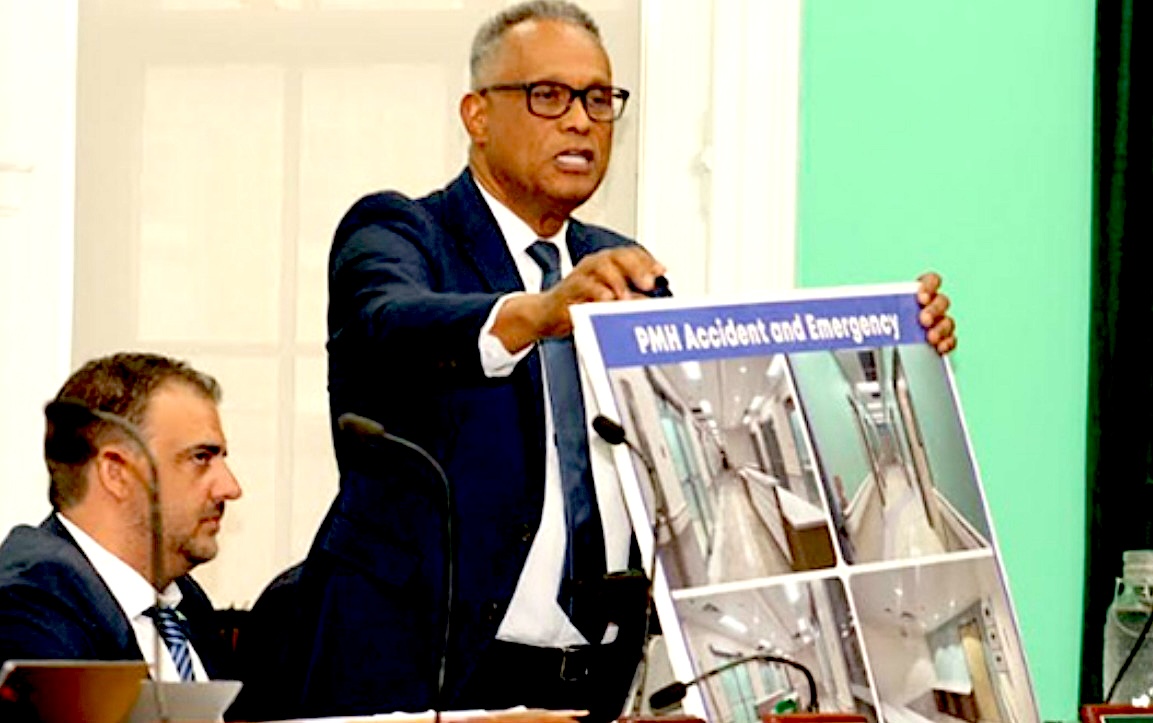Low levels of catastrophic expenditure
In 2016, the Organisation for Economic Co-operation and Development reports that just 2.7% of the population was spending more than 10% budget on out of pocket (OOP) expenditure for health care[2] and 0.1% was at risk of catastrophic spending. In 2021, public expenditure on health accounted for 3.98% of GDP, and 13.75% of total public expenditure.[3] Current health expenditure (CHE) in 2021 was 7.1% of GDP while OOP made up 24.5% of CHE, which is slightly down from 28% in 2016.[4]
Challenges and way forwards
The National Health Insurance Bill 2022 attempts to address these challenges by bringing together public and private clinical practices under a common financing structure and establishing a standard health benefit package. In October of 2022, the minister of health of the Bahamas stated that the NHIA will assume the role of the insurer of last resort and will protect the poorest and most underserved communities.6
References
[1] World Health Organization, Global Health Expenditure Database
[2] OECD, “Health at a Glance: Latin America and the Caribbean 2020”
[3] PAHO, The Bahamas country profile
[4] World Health Organization, Global Health Expenditure Database
[5] National Health Insurance Authority, National Health Insurance, A Shared Responsibility, A Modern Framework for Increasing Health Insurance Coverage in The Bahamas
[6] The Government of the Bahamas, Press Release

